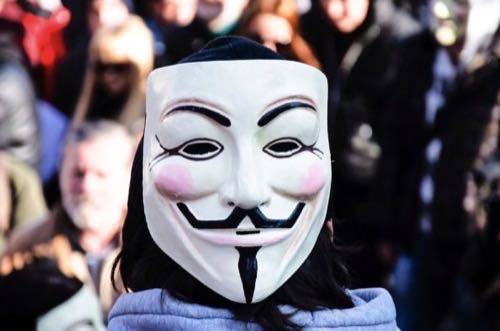
While you were sleeping last night, Anonymous hacked into the U.S. State Department’s website, reportedly in the name of fallen comrades Aaron Swartz and recently arrested members of LulzSec. Personal data – including names, email addresses and phone numbers of hundreds of State Department staffers – were leaked online to the ZeroBin website.
The group also allegedly hit the investment firm George K. Baum and Company, which has ties to Stratfor, the private intelligence service that worked with the CIA (another former target of the group).
In that attack, Anonymous also published the account data and transaction information of the bank’s users. The OpLastResort Twitter account says attacks are payback for the death of Aaron Swartz. “This tragedy is basis for reform of computer crime laws and the overzealous prosecutors,” they write on the group’s Twitter bio.
But in an ironic twist, “Operation Last Resort” may have very unintended consequences.
Domino Effect
Will this attack finally wake up the U.S. government to the threat of online attackers? Last night’s hack might galvanize lawmakers to support the CISPA bill and introduce even harsher Internet laws. And that kind of overreaction could cause more damage than the attacks themselves.
This latest attack comes on the heels of Anonymous defacing sites owned by the Massachusetts Institute of Technology, the United States Sentencing Commission, and the Federal Reserve. Anonymous also tried but failed to hit the broadcast of the State of the Union speech last week.
So the wheels for enacting draconian laws may already be in motion. Anonymous, which champions Internet freedom, may have just pushed the Web down a dark shaft.
Worse yet, Anonymous also claims to possess “warheads,” codes to unlock encrypted files said to contain sensitive government data, allegedly obtained during the Jan. 25 hack of the U.S. Sentencing Commission site.
Under President Obama’s new cyberlaw mandate, these actions are cyber threats, punishable by severe action. How far is the government willing to go? And what will be the ultimate effect on our civil liberties?
Image courtesy of Shutterstock.

















